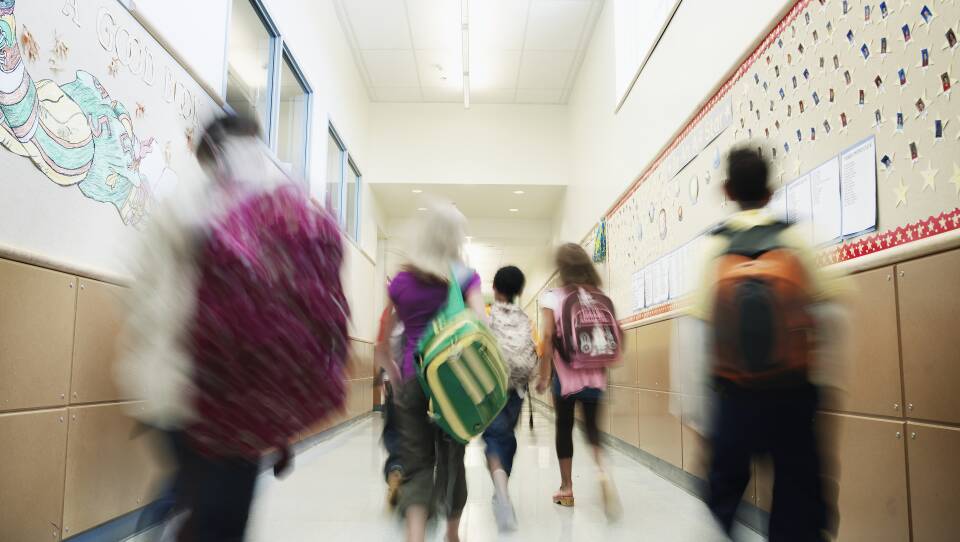School's out until May 4 at least, which one former education secretary said has put Massachusetts in a "twilight zone" of education, and is posing challenges for educators whose main goal is to promote learning to all students with as little interruption as possible.
Former Education Secretary Paul Reville told Boston Public Radio on Thursday the school closures are bringing inequities to the forefront.
"We're at an incredible moment in terms of education because with closure of school suddenly coming to the forefront is the widespread in equities in terms of access to internet and techonology, access to food, access to healthcare," he said. "(These are) pervasive inequalities that have always been there, but this crisis because schools closed has revealed these topics in ways that are catching the public attention and moving to the front page."
Learning has shifted online, which has left parents with courseloads to disseminate to their children themselves, teachers grappling with learning new technologies themselves and difficulties in providing equal access to technologies.
Reville said state education officials will need to make tough decisions about keeping students moving through the system, while acknowledging they may be less prepared than everyone would like them to be.
"The commissioner and board of education are going to have to make decisions about waiving school day requirements for the completion of the year, whether they're going to waive standardized testing, things of that nature," he said. "Local officials are going to have to make decisions about moving people on to graduation in absence of some of the grading mechanisms they've traditionally had."
If schools don't reopen by the end of the year, Reville said the state needs to look at expanding programs traditionally reserved for summer learning, to provide some sort of formal learning in some way.





